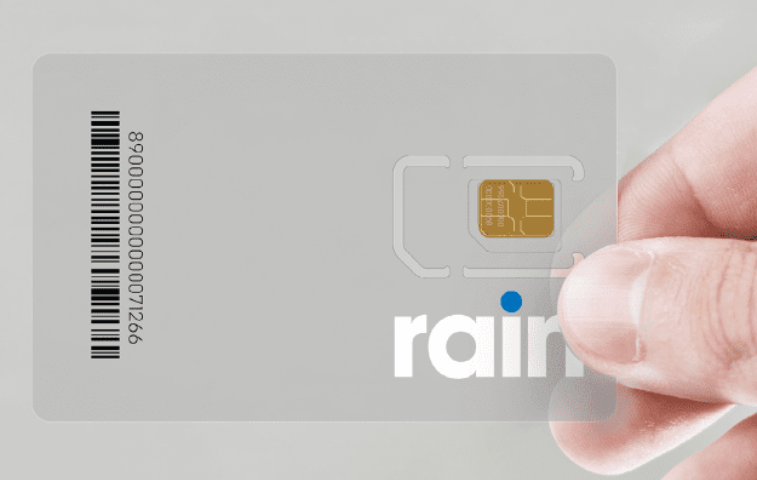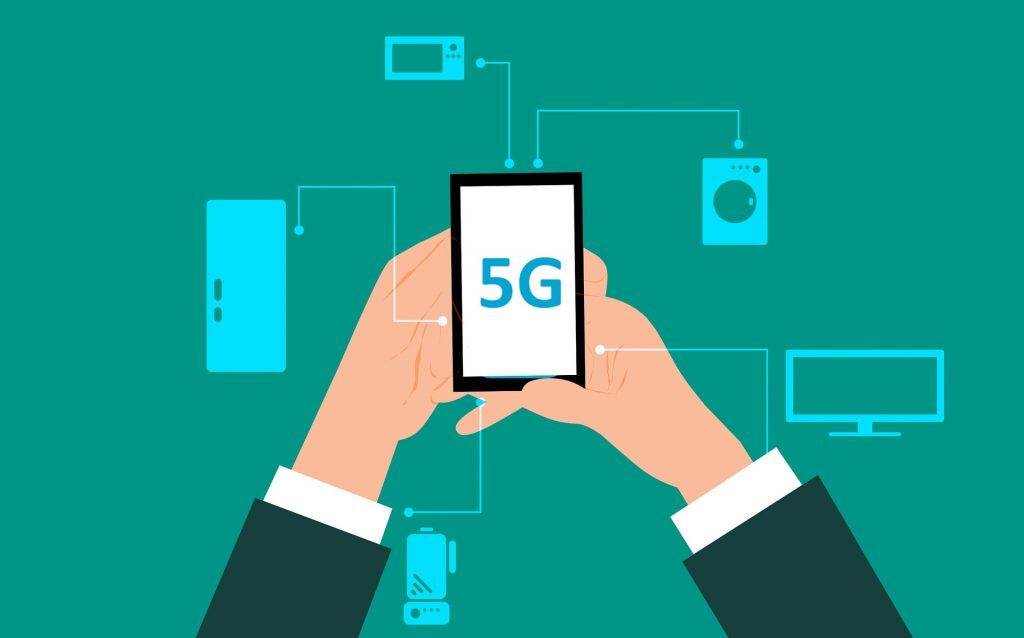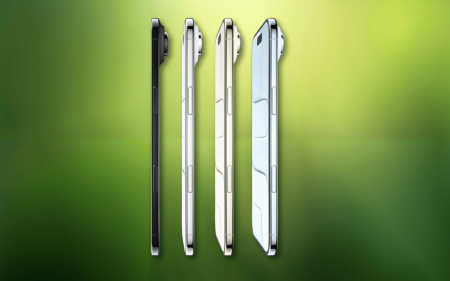There’s no need to start saving up for the new Samsung S10 5G just yet, because not only are 5G smartphone models expensive and available in limited numbers, but we probably won’t see them here in South Africa before the second half of this year.
Strategy Analytics did some research, which found that global smartphone shipments for 5G-capable handsets will only reach around 5 million units in 2019. First to the 5G party will be Samsung, LG and Huawei, with Apple only expected to follow in 2020.
“We forecast global 5G smartphone shipments will reach a modest 5 million units in 2019. Less than 1 percent of all smartphones shipped worldwide will be 5G-enabled this year. Global 5G smartphone shipments are tiny for now, due to expensive device pricing, component bottlenecks, and restricted availability of active 5G networks,” says Ken Hyers, director at Strategy Analytics.
Basically, South Africa (and the rest of the world) doesn’t have the infrastructure yet to warrant the devices. In South Africa, Rain is leading the 5G race, with plans to begin offering commercial 5G services in September of this year. How widely the service will be available remains to be seen, and we wouldn’t be surprised if the first 5G devices we see from Rain are portable modems and the like, rather than smartphones.

Vodacom and MTN have been testing their own 5G services, but haven’t indicated when they hope to make them available to the public. As soon as they do, though, you can bet they’ll be offering handsets and other devices to make use of the latest, fastest mobile data standard. Will that mean we get the Galaxy S10 5G? Perhaps, but it may also mean we get other 5G-capable devices from other mobile phone makers like Huawei first. Whatever happens, you can bet there’ll be some demand from the outset from early adopters, with growing demand from a wider consumer base as the technology becomes more commonplace.
“The short-term outlook for 5G smartphones is weak, but the long-term opportunity remains huge. We forecast 1 billion 5G smartphones to ship worldwide per year by 2025. The introduction of 5G networks, by carriers like Verizon or China Mobile, opens up high-speed, ultra-low-latency services such as 8K video, streaming games, and augmented reality for business,” says Neil Mawston, executive director at Strategy Analytics.
There’s no doubt the future of mobile hardware connectivity is 5G, we just don’t yet know who’s going to be leading the charge.
Source: Strategy Analytics




